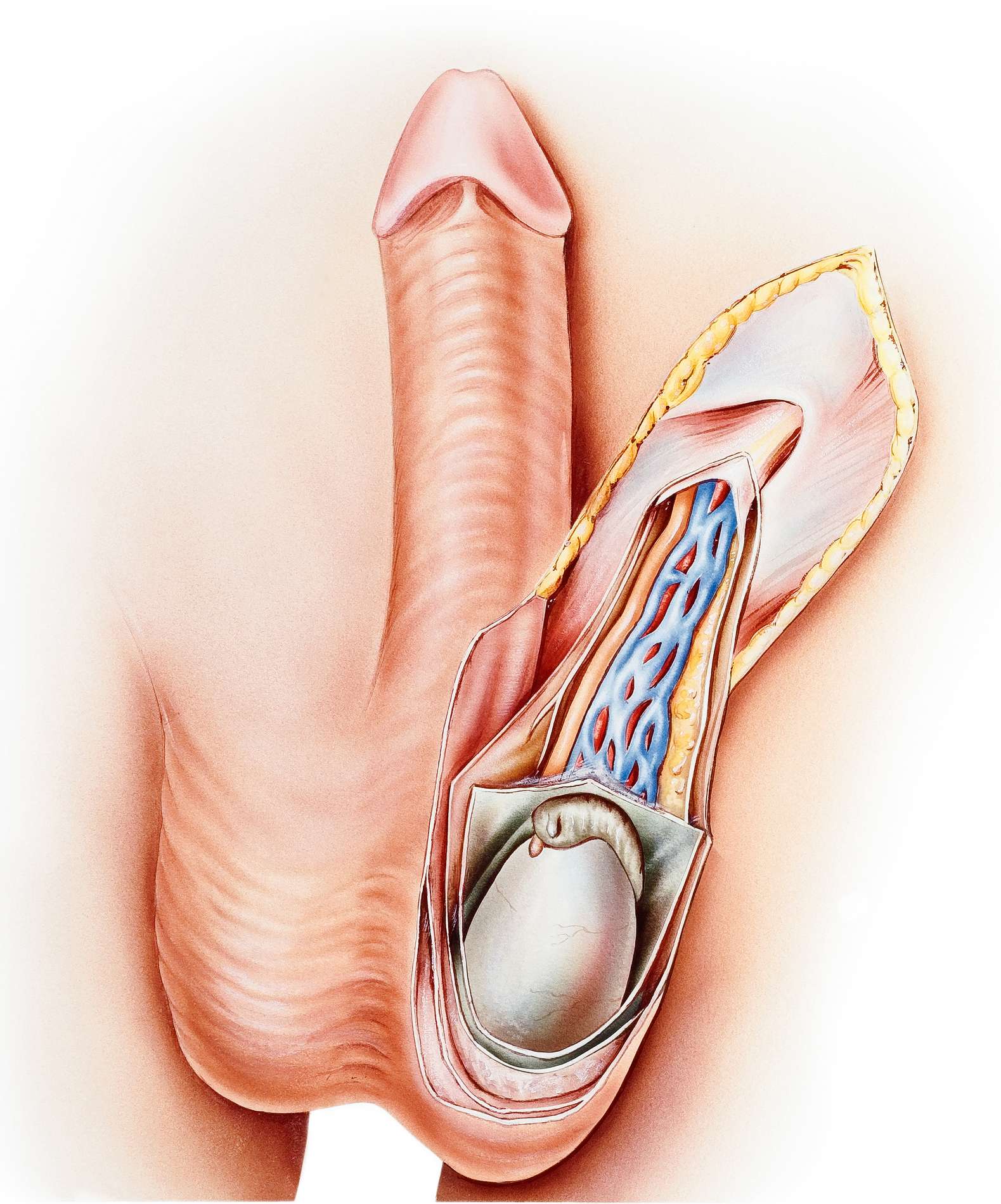Circumcision occurs during the first week of a male’s life the majority of the time, usually for reasons related to religion or parental preference. Although adult circumcisions are comparatively rare, men who opt for the surgery do so for medical or religious purposes or have an interest in enhancing the appearance of their penis. Male enhancement procedures are sometimes coupled with circumcision, for cosmetic reasons. There are clear pros and cons of circumcision, and they apply to each individual according to his unique set of circumstances.
What Exactly does Circumcision Involve?

When a male is circumcised, the foreskin is freed from the head of the penis and the excess foreskin is snipped off. The procedure takes about 10 minutes at most when performed on a newborn. Adult circumcision is a surgical procedure requiring about one hour. Healing from a circumcision takes approximately five days to ten days.
Health Issues
The American Academy of Pediatrics (AAP) conducted a study and found that newborn circumcision has more health benefits than health risks. The advantages are not great enough, however, to recommend universal circumcision among newborns. Older boys and men sometimes benefit from the surgery as treatment for a penis infection or for phimosis, which is when the foreskin of the penis cannot be retracted.
Health benefits of circumcision include:
- Decreased risk of developing urinary tract infections
- Lower risk of contracting certain sexually transmitted diseases, including HIV
- Eliminates the risk of certain penile problems, such as phimosis
- Reduced risk of penile cancer
- Prior to a male enhancement procedure, circumcision is recommended, since filler inserted into the penile shaft could enter the foreskin, resulting in a thickened foreskin that may not permit it to flow freely over the glans or “head” of the penis
The following are potential downsides of circumcision:
- A person with certain blood-clotting disorders should avoid the surgery
- Circumcision is painful during the healing process
- A certain amount of desensitization occurs when the foreskin is removed, which can affect sexual stimulation
Sexual Activity
According to scientific studies, the foreskin removed during circumcision is one of the most sensitive areas to light touch. For this reason, experiencing arousal in the early stages of sexual foreplay can be more difficult among circumcised males. The significant loss of sensitivity created by removing the foreskin is believed to result in increased activity, perhaps to reach the desired level of satisfaction. In spite of these things, circumcised men reportedly have less sexual dysfunction than their counterparts, according to a national survey.
Hygiene
The issue of hygiene also has pros and cons, for and against circumcision. The function of foreskin is to protect the tip of the penis from foreign substances. It can also help to prevent some types of infections. On the other hand, the difficulty in consistently maintaining thorough cleanliness around the folds of the foreskin makes proper hygiene a challenge.
Good hygiene is easier to achieve for circumcised males, who are able to enjoy a more streamlined shower routine.
Loria Medical, for Circumcision and Male Enlargement
Dr. Victor Loria specializes in circumcision as well as a revolutionary male enhancement procedure that is minimally invasive without any surgery. Having weighed the pros and cons, if you’re ready to schedule circumcision, call Loria Medical today at 877-375-6742.


